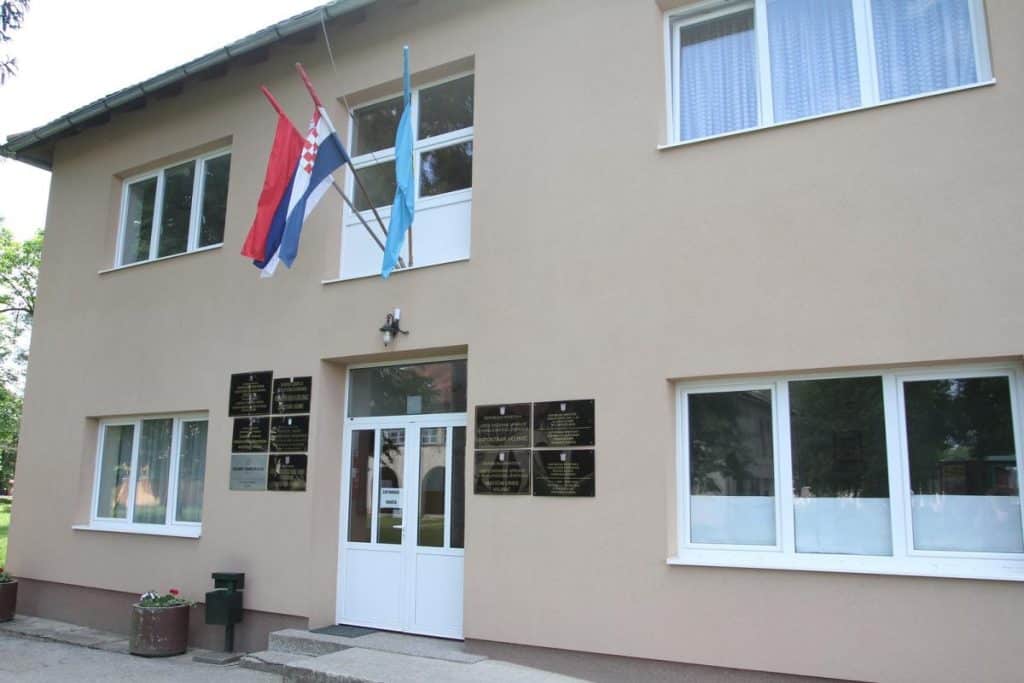The Government’s decision to stimulate voluntary mergers of local self-government units could remain a dead letter, and in part even produce negative consequences, such as new corruption, writes Večernji list on Monday.
In order to encourage voluntary mergers, the Government decided to financially stimulate it from the state budget, which was welcomed by associations of cities and municipalities. But from the analysis, published by the Zagreb Institute of Economics, and signed by their scientific associate, former minister of administration Dubravka Jurlina Alibegović, a warning can be read that this decision, due to a series of vagueness and issues that have not been resolved for years, could remain a dead letter. and partly even produce negative consequences, such as new economically unfounded employments, in a word, intimidation.
How much money is provided from the budget?
This year’s budget provided HRK 100 million for the actual and functional merger, and the Government’s decision foresees that the Ministry of Finance will publish a public call within 60 days, on the basis of which those who decide to merge should receive help from the budget.
However, Jurlina Alibegović reminds that the municipal councils decide on the merger of individual municipalities, based on previously obtained opinions of the citizens and the County Assembly on whose territory the municipalities that intend to merge are located. He warns that from the end of September, the budget planning period for the next year will begin at the local levels, which is why municipalities and cities will not have enough time to conduct consultations with their citizens, or even to open a public discussion about merging with other units. Therefore, he warns that there is a high probability that the planned HRK 100 million will remain untouched and that the rebalancing will flow into the financing of some other needs.
What does functional coupling mean?
Regarding the functional merger of municipalities, which implies the conclusion of an agreement on the joint performance of certain tasks, he reminds that it can be implemented in two ways – through a joint official or through an entire joint administrative department that will perform tasks for both municipalities. For the municipalities that decide to do so, the state will finance salaries and other expenses for a maximum of five officials in the first years.
“It can be expected that municipalities/cities potentially interested in connecting by establishing a joint administrative department or service, due to the expected financial assistance, will employ the maximum number of employees in the joint administrative department or service, regardless of whether there are economic or other justifications for this” , warns Jurlina Alibegović, as reported by Večernji list journalist Iva Boban Valečić.
Track N1 via Android apps | iPhone/iPad and social networks Twitter | Facebook | Instagram.

